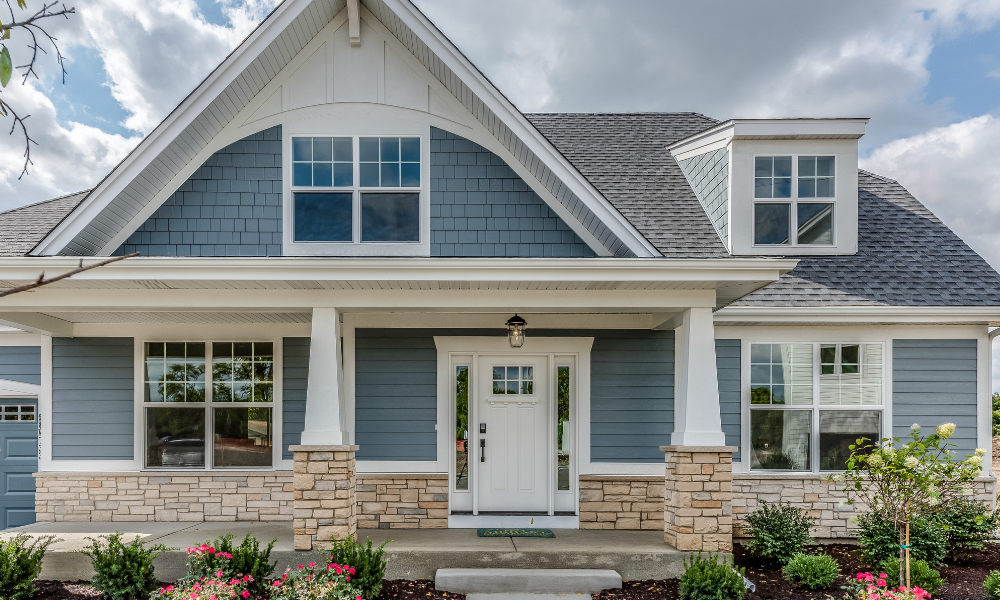The Short Answer
Being a homeowner comes with many advantages, some of which are often overlooked. Building equity in your own property is one of the greatest and most rewarding benefits that homeownership can bring. This gives you the ability to diversify your investments and use the equity from your home to purchase other financial assets without having to take on more debt.
Additionally, homeownership allows for more freedom to remodel as you please. So any upgrades or repairs can be done, according to your taste, and you can increase the value of the property over time.
Finally, developing roots in a neighborhood helps you build relationships within the community and foster a sense of pride in where you live. All these advantages combined with the stability that comes with homeownership make it an attractive option for many people.
Table of Contents
Buying a house can be a daunting decision – saving money for a down payment and then committing to a mortgage for many years is a big deal for most people. While there are many things that can go wrong and you can’t predict what the future holds, becoming a homeowner has a lot of benefits to it. If you’re wondering whether buying a house is the right move for you, read further to learn about the most important benefits of being a homeowner, along with some of the drawbacks, so that you can make an informed decision.
10 Benefits of Homeownership
Buying a home is one of the biggest financial decisions many people will make. As such, there are many variables to weigh up, before committing to the purchase. We’ve outlined 10 of the most important benefits of homeownership that may help you with your decision.
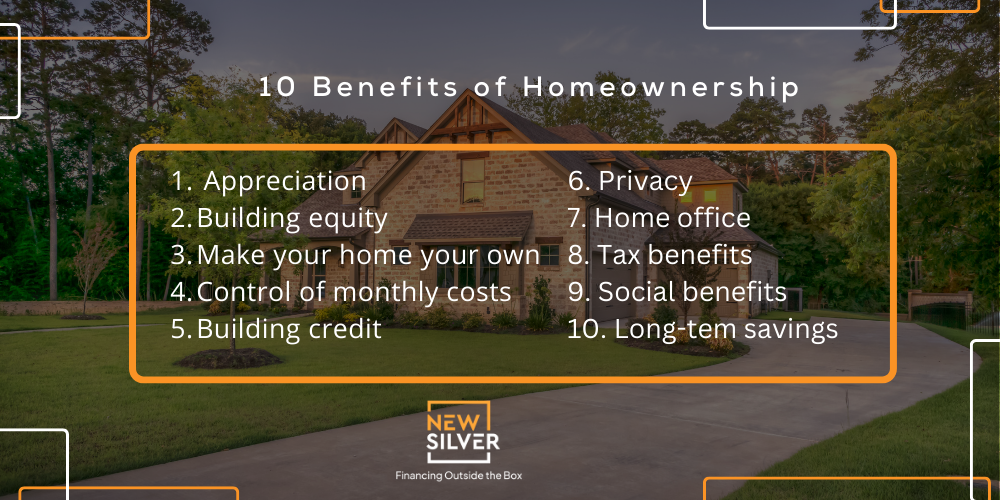
1. Appreciation
Real estate is one of the few assets that generally appreciates in value over time. Historically, real estate has offered investors a stable, long-term investment that increases in value over time. Even in recent years during the pandemic, real estate has bounced back with a vengeance and continued to show home appreciation.
While the real estate market moves in particular cycles, home values will typically continue to rise. In fact, some people even use their home appreciation as a hedge against inflation, particularly in recent times where inflation has sky-rocketed. People with fixed rate mortgages can benefit in a big way during these times as their rates don’t go up when inflation does.
2. Building equity
One of the key benefits of being a homeowner is the ability to build equity in your home. As you pay off the mortgage over time, you’re building equity in the property and working towards paying it off entirely, instead of renting and paying money to someone else each month. Initially, your mortgage payments will be paying off the interest on the loan, but from there the amortization schedule should indicate how much of the loan you’ve paid off.
Once you’ve begun paying off the principal loan amount, you begin building equity in the property. This equity can be converted to cash in the form of a cash-out refinance, home equity loan or HELOC. You can use your home equity to purchase a second home or make improvements to increase the value of your home, amongst other uses. Instead of paying rent to a landlord each month, you can build equity in your own property and use this to build wealth.
3. Make your home your own
The beauty of owning a home is that you can do any renovations or home improvements that you want to. You aren’t at the mercy of a landlord, so you can make the changes you want to make, and the only elements you’ll need to consider are the rules and regulations around structural changes. Whether you’d like to paint the home a new color or renovate the kitchen, the choice is yours when you own the place. This is a benefit many renters cannot enjoy as they’re bound to the rules set out by the landlord.
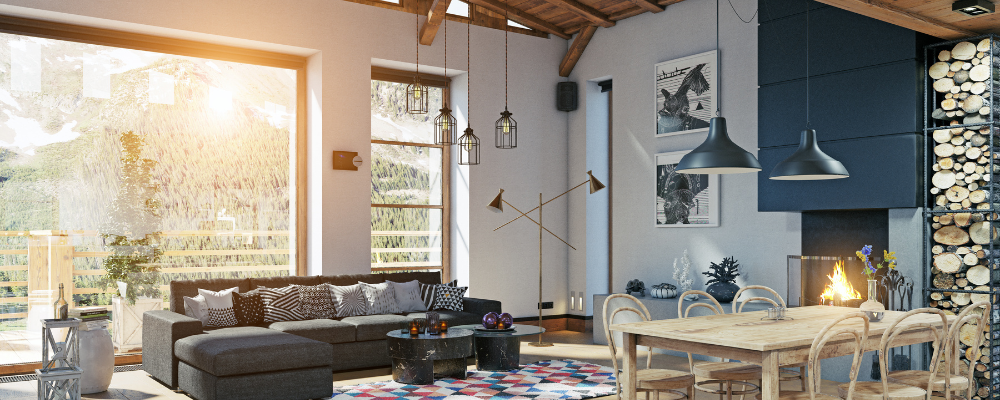
4. Control of monthly costs
Homeownership comes with the stability of set monthly expenses which you can plan for. Paying off a mortgage, particularly a fixed rate mortgage, means that homeowners know what their monthly payment will be for many years. Unlike renting a property, where the rental amount can change each year, your monthly payment on a mortgage should remain the same for the duration of the loan, which makes budgeting much each easier.
5. Building credit
Homeownership leads to building credit, provided you are making your monthly payment on time, consistently. As you build credit, this improves your credit score and opens doors for you when it comes to buying more properties or getting financing for other large purchases. So, homeowners who are covering their monthly mortgage payments will gain points on their FICO score and improve their credit as they go.
6. Privacy
There is generally more privacy for homeowners than tenants. You won’t need to share a property, wall or any space with anyone else. You can choose when people come to the house and who comes to the house, instead of having a landlord decide when they’d like to enter the property. This means that the entire space is your own, to do as you please (for the most part).
7. Home office
The current work-from-home culture that has been fostered around the world, lends itself well to homeownership. Those who are buying homes can convert a spare room or an area of their home into an office which works well for those in the family who are working from home. Without the notion of having to move soon, this home office can be well equipped to be productive and comfortable.
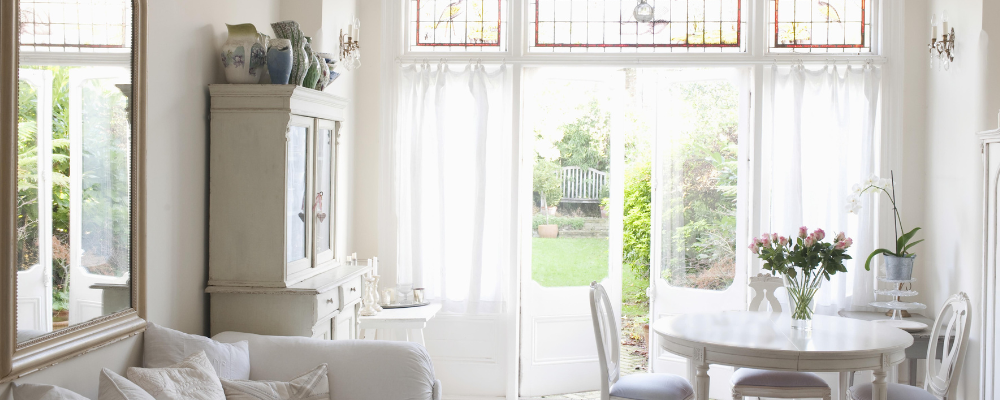
8. Tax benefits
The most noteworthy tax benefit for homeowners is the mortgage interest deduction that they can use. This means that homeowners can deduct the interest payment on their mortgage from their taxable income. There also property tax deductions that can be implemented if the situation fits the bill. This can be a significant saving for homeowners on their tax. There are also tax benefits on home sales in the form of capital gains tax exemptions. In this way, homeowners can benefit from selling their homes as well.
9. Social benefits
The social benefits of homeownership can be great for families as kids can make friends in the community. You won’t be moving regularly, so this creates a level of stability for the family and the neighborhood. Homeownership essentially creates a stronger sense of community. A study done by the National Association of Realtors showed that people who own homes are happier with a higher perceived control over their lives than those who are renting.
10. Long-term savings
As you pay off your mortgage, you build equity in your home which you can use as long-term savings essentially. There are various ways to gain access to the equity you have built up in your home later on, and for many Americans, their homeownership forms a big part of their retirement plan.
5 Drawbacks of Homeownership
As with most things, there are also drawbacks to owning a home. It’s important to consider both the benefits and the drawbacks, before you take the first step on the path towards buying a home.
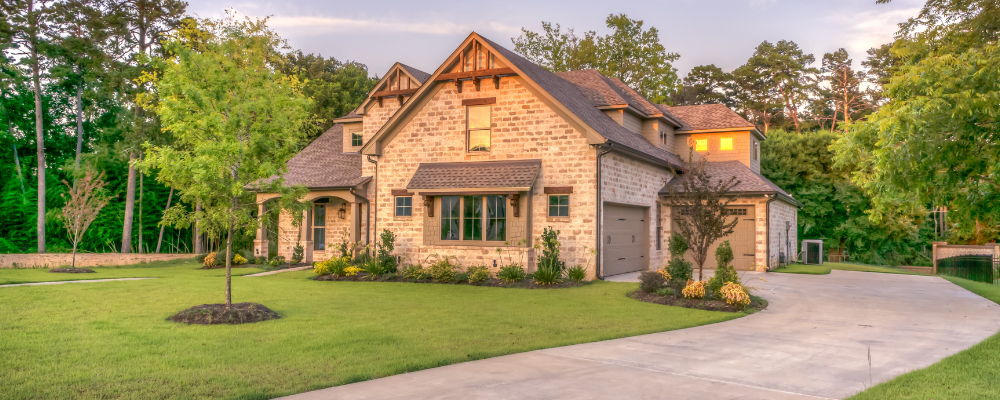
1. Large upfront costs
Buying a home requires a large amount of capital upfront, which can be a challenge for those buying and, for example, using a large chunk of their savings to provide the down payment. The mortgage payment is one thing, but buying a home involves providing a down payment which can be up to 20% of the purchase price, as well as paying for all the fees and legal costs associated with a home purchase. This is the largest purchase many people will ever make, and it can be inaccessible due to the amount of capital needed upfront.
2. Property maintenance
As a homeowner, the sole responsibility of the maintenance and repair of the home falls on you. This can be costly and time consuming when there are major repairs to be done, and routine maintenance tasks to be performed. Some of these maintenance tasks may need to be done straight away, which will cost money that homeowners haven’t planned for. Therefore, it’s important to have savings built up for these occasions.
3. Property taxes and other fees
There are various fees that homeowners are responsible for with property taxes being just one. There are also utilities, HOA fees, homeowners insurance, private mortgage insurance (PMI) in some cases, and more. These are not fees that are paid by renters, so it’s vital to know about these before you purchase a home, in case you thought that mortgage payments and repairs would be your only expenses.
4. Long-term commitment
Buying a house is a long-term commitment, mortgage loans range from 10 to 30 years and some homes are projects that need renovations which take time. Typically, homeowners will only begin building equity after around 5 years of paying off their mortgage loan. Homeownership is a big responsibility and the commitment isn’t for everyone, as some people may prefer to have the short-term and flexible nature of renting.
5. Less flexibility
Homeownership is less flexible than renting. You are tied down to one property for the long term and moving becomes more difficult as you’ll need to sell the house first, before you can move. Consider your lifestyle and your goals before you commit to purchasing a home, as it ties you down considerably.
Should You Invest In A Home Or Continue Renting?
The question many renters ask themselves eventually, is whether they should purchase a property of their own or continue renting. This decision is based on a few factors:
Flexibility: For those who wish to maintain a more flexible housing situation, continuing to rent makes more sense. Those who are ready to move into one place that they can stay in for many years, are ready to buy. Whether this is to start a family, or simply for the stability, owning a home provides a stability that renting doesn’t, while renting offers the flexibility to move easily. Flexibility is therefore one of the key aspects of this decision.
Responsibility: Those who wish to maintain a low level of responsibility can stick to renting. This way, any repairs and renovations that need to be done to the property will fall on the landlord, and they won’t need to deal with things like lawn maintenance, property repairs and so on. Homeowners are ultimately responsible for all aspects of the house, and this may not be for everyone. On the flip side, homeowners can make any changes they want to the house as well.
Finances: The decision of whether to buy a home or continue renting is largely dependent on your financial situation. If you can save up a down payment, pay off the mortgage each month and afford to maintain the property, then homeownership could be the right path for you. Provided that you are ready for the responsibility and prepared to put down roots for a while.
